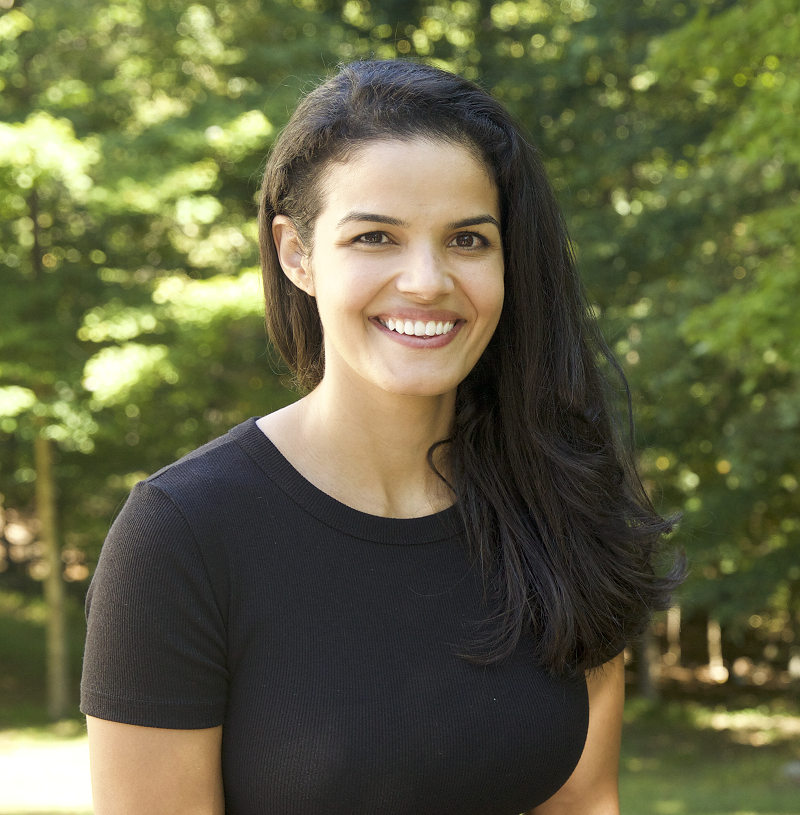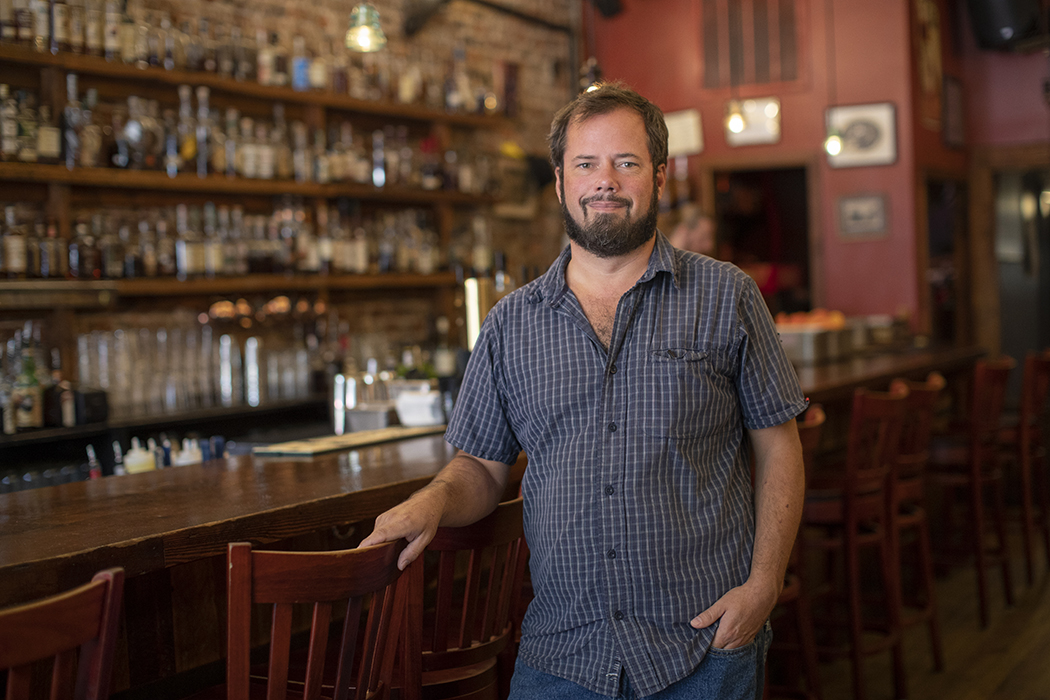Few people get into politics for the salaries, but for local and state representatives this rings especially true. Whether they’re on city council, serving in the House of Delegates, or a longtime member of the state Senate, most of Charlottesville’s legislators have a second job.
To find out more about compensation for elected officials, C-VILLE asked local legislators for their comments via email. Across the board, every member of council and state representative who responded is either working or has recently held a job outside of their elected position.
On city council, pay starts at $18,000 a year, with the mayor’s salary slightly higher at $20,000.
When he’s not attending meetings as the mayor of Charlottesville, Juandiego Wade works for Albemarle County as a Career Center Coordinator. Other councilors are also locally employed, with Natalie Oschrin working for Pippin Hill Farm & Vineyard, Brian Pinkston in facilities management at the University of Virginia, and Lloyd Snook serving as a lawyer at his own firm.
“I manage both jobs by carrying three phones everywhere I go: personal, UVA, City,” said Pinkston. “I have a degree of flexibility at my day job, which is very helpful. That said, I end up using several weeks of leave every year so that I can attend official City meetings.”
Other councilors shared their creative time-management skills for juggling multiple jobs. Oschrin splits her day, limiting her time for council-related responsibilities to before and after the work day. Still, it’s not perfect.
“I do miss out on some daytime activities, including certain boards and commissions, ceremonies, and conferences,” she said.
Private practice lawyer and city councilor Lloyd Snook makes it all fit by working late hours. “I manage by not sleeping much; I tend to go back to the office and work until 2am or later,” he shared.
In the state legislature, salaries aren’t any higher; delegates receive a base pay of $17,640 annually, with state senators earning $18,000.
Both Del. Katrina Callsen and state Sen. Creigh Deeds were in the local law scene until this April. While Deeds continues to practice, Callsen stepped down from her role as Charlottesville’s Deputy City Attorney to spend more time with family.
“At this time, I can say, happily of course, that my only other job is being a mom,” said Callsen.
While Callsen is able to hold only her elected office, she acknowledges the current salary caps are prohibitive for others. “By deliberately keeping the pay for elected officials low, we are locking out folks like single working mothers or civil servants who would otherwise make fantastic additions to the table but can’t because they simply can’t afford to serve,” she said.
“My work as a legislator makes me a better lawyer, and my work as a lawyer makes me a better legislator,” said Deeds about his jobs. “I have always thought that compensation was on the low end of fair.”
According to income guidelines for Housing and Urban Development programming in 2022, current salaries for local legislators qualify as “extremely low income.” Charlottesville’s area median income as of 2024 is $124,200 for a family of four.
Discussions of compensation for elected officials in Virginia have been a point of contention for years, with a bill introduced by Callsen this year that would raise salary caps for city councils statewide. Under House Bill 456, Charlottesville’s salary caps could increase to $37,000 annually for the mayor and $34,000 for other councilors.
Among proponents of the current compensation rates for local legislators, one justification for the pay is that both Charlottesville City Councilors and state legislators are considered part-time roles, despite the demands of the position.
“It is sometimes argued that raising pay for City Councilors will make it possible for more different kinds of people to serve; I’m not sure that that is true,” said Snook.
Other local leaders acknowledged both the positives and negatives of holding multiple roles.
“I think my roles definitely influence one another,” Wade said. “I constantly have a strong pulse on what is going on in the community.”
“Serving on Council is an honor and a privilege; it’s not the sort of thing you would ever do ‘just’ for financial reasons. That said, it is incredibly time-intensive,” said Pinkston. “More than that, you end up ‘carrying’ things for the City and its residents around with you—their concerns, struggles, hopes, fears, and so on—pretty much all the time. So while it’s an honor to do these things, it would be lovely to have a bit more stipend to go along with it.”
At the state level, compensation for legislators remains comparatively low. In contrast to other states whose legislative positions carry similar time commitments—which have an average compensation of $41,110 annually, according to Ballotpedia—Virginia’s compensation for its delegates and state senators is strikingly little.
Compared to the salaries of legislators, gubernatorial compensation averages at a much higher rate. Gov. Youngkin’s salary, for example, is $175,000 per year—even higher than the average of $148,939.



 2020 will be a prosperous time for area job-seekers, says Juandiego Wade, coordinator of Albemarle County’s Career Center, thanks to a low 2.5 percent unemployment rate propelled by strong local business growth. “If you’re looking for a job and you have skills, you have buying power right now.”
2020 will be a prosperous time for area job-seekers, says Juandiego Wade, coordinator of Albemarle County’s Career Center, thanks to a low 2.5 percent unemployment rate propelled by strong local business growth. “If you’re looking for a job and you have skills, you have buying power right now.”